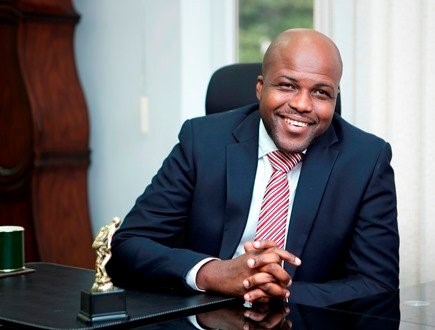Mr. Kojo Addae-Mensah, CEO of Databank Group, has observed that the under-resourced Securities and Exchange Commission (SEC) poses a far more systemic and structural risk to the development of the country’s relatively young capital market.
In spite of the Commission’s recent market actions, via directives to institutions it regulates and general awareness creation about its core mandate and capital market activities, the Databank CEO suggests that the lack of human and financial resources to drive these awareness campaigns down to the people, could render a well thought-through exercise delivered unsatisfactorily.
Mr. Addae-Mensah, in an exclusive interview with this Paper stressed that a well-resourced SEC would not only bolster investor confidence, but equally offer assurance to all economic actors that the capital being raised is done right, and deployed for the purposes they were raised for.
‘SEC is supposed to be self-financing but I do not think they are as liquid as probably the Central bank is’, he lamented. He observed that the Central Bank presence is scattered across the country, and yet supervision is challenged.
Then how much more SEC which is located only in Accra, and has less staff than Databank, he queried.
According to Kojo, there must be more central government support since SEC is still a young regulator seeking government support with appropriate technology and resources to be able to do what they are supposed to do.
While the Bank of Ghana regulates a total of 823 institutions including banks, savings and loans companies, finance houses, microfinance companies, rural banks, credit unions and forex bureau, SEC regulates some 232 institutions such as fund managers or investment banks, investment advisory firms, mutual funds, issuing houses, depositories, custodians, trustees, unit trusts and security exchanges.
While SEC’s regulated institutions form about a quarter of what the BoG regulates, the human resource disparity is not so.
The Central Bank, according to its 2018 annual report had 2016 employees as at December 31, 2018 while the SEC currently, in 2021, has only 68 full time employees with plans to scale up.
That puts the SEC’s human resource at just about 3 percent of that of the Bank of Ghana. Addae -Mensah also noted that for a licensed person to work in the industry, one needs to go through a course in Accra because that is SEC’s only office.
Persons from faraway places like Tamale are disadvantaged since they are to be in Accra for a minimum of three months – feeding, transport and other demands can be prohibitive.










